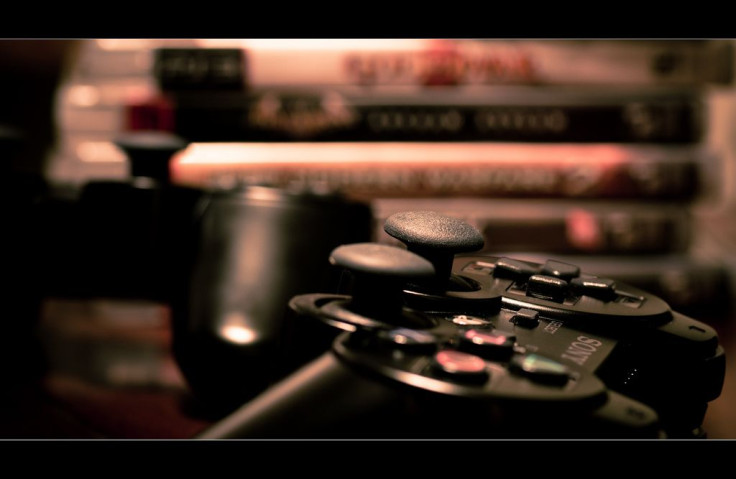Sexism Is A Loser's Game: Men Who Are Unskilled At Video Games More Likely To Be Sexist

Overcompensating for threatened masculinity is a real phenomenon that even extends to places not so real. Case in point: the virtual world of gaming. According to a new study conducted by researchers at the University of New South Wales and Miami University, men who are sexist in the gaming world are also losing at the games they play.
Lead researchers Michael Kasumovic and Jeffrey Kuznekoff observed 163 people playing the video game "Halo 3," and watched how men interacted with women. Publishing their findings in the journal PLOS One, Kasumovic and Kuznekoff found that those most likely to harass female gamers were the men who were losing.
During the experiment, researchers tracked the comments players made to one another during the interactive game, and found that across the board, men of varying skill levels were always pretty kind to other male players. When male players were good, they even tended to be complimentary toward both their fellow male and female players.
But if a man was worse at the game than his peers, he was more likely to make mean-spirited comments toward female gamers.
In an interview with The Washington Post, Kasumovic explained that video games can reveal patterns that apply to real-life behavior. "Halo 3" was especially conducive to figuring out real-life harassment for three reasons: players of the game remain anonymous, and it’s nearly impossible to police individual behavior; players rarely encounter each other more than once, so rude comments can be made without ever “seeing” that person again; and the male-to-female ratio is very much skewed on the side of men.
However, that dynamic seems to be changing. A recent increase in female players has just challenged the system male players were previously used to. Kasumovic says that the guys who are winning do not seem to mind this, but those at the bottom are starting to become threatened. As a result, these “losers” are relying on aggression and hostile tactics to reassert their waning dominance in the virtual world.
“The increase in hostility toward a woman by lower-status males may be an attempt to disregard a female’s performance and suppress her disturbance on the hierarchy to retain their social rank,” Kasumovic said.
Unsurprisingly, this is not the first study to find that men are rude toward women when overcompensating. A recent study conducted by researchers from the University of Washington found that men whose masculinity was questioned in the slightest of ways — by being told they didn't have a strong enough grip, for example — were more likely to compensate in other ways by exaggerating the number of sexual partners they had as well as their height. These men were also more inclined to be aggressive toward women, both verbally and physically.
Another study conducted in the work sphere found men were more intimidated by female bosses, feeling the need to reassert dominance by negotiating for higher salaries and not splitting bonuses evenly with female superiors.
Sexism toward female players has always been a problem in the gaming world, but that shouldn’t stop anyone from playing. Bullies will be bullies, and the best way to get them back is to beat them at their own game. Literally.
Source: Netchaeva E, Kouchaki M, Sheppard L. D., et al. A Man's (Precarious) Place: Men's Experienced Threat and Self-Assertive Reactions to Female Superiors. Personality and Social Psychology Bulletin. 2015.
Cheryan S, Monin B, Cameron J, et al. Manning Up: Threatened Men Compensate by Disavowing Feminine Preferences and Embracing Masculine Attributes. Social Psychology. 2015.
Kasumovic M, Kuznekoff J. Insights into Sexism: Male Status and Performance Moderates Female-Directed Hostile and Amicable Behaviour. PLOS One. 2015.



























